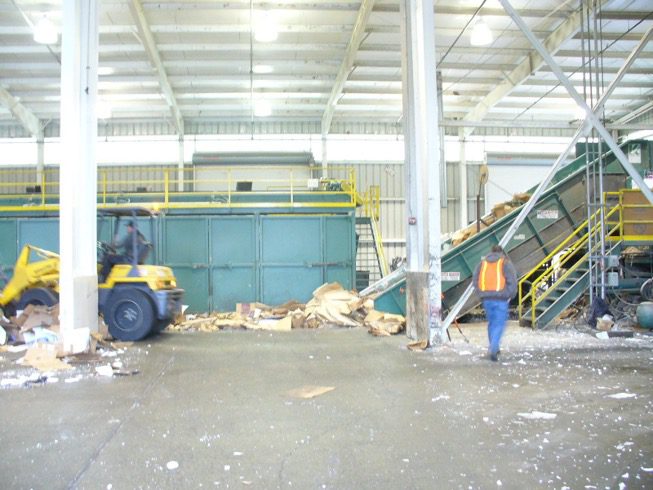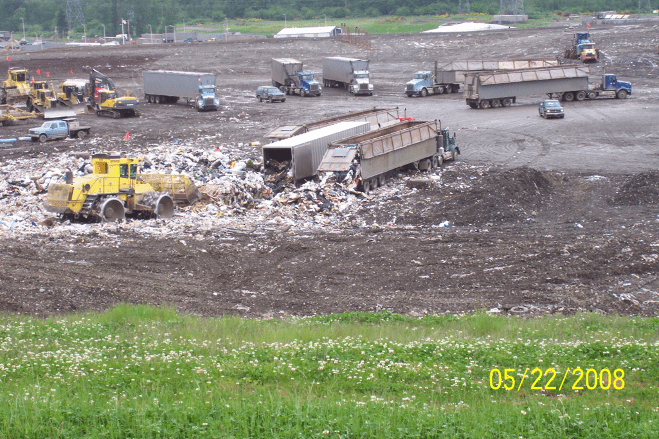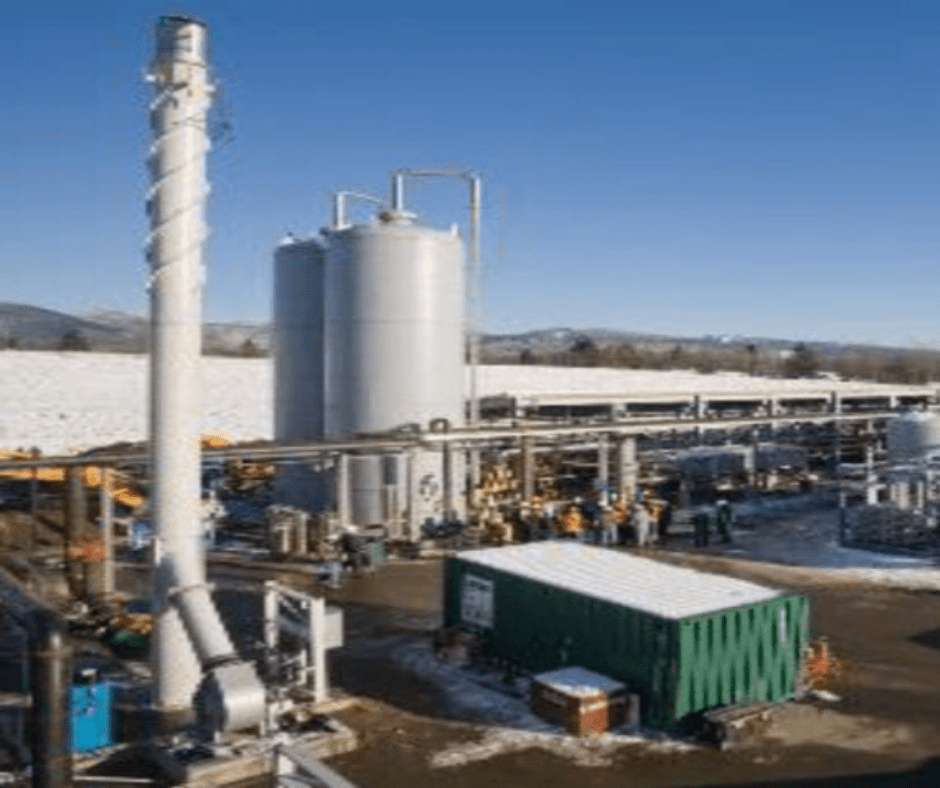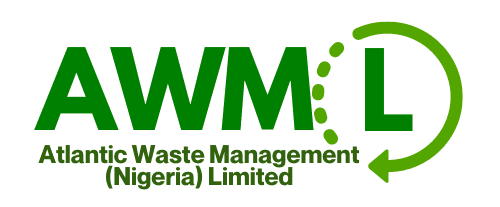West Africa's Current Waste Management Challenge
Major West African cities are drowning in waste, and its ongoing adverse health, environmental and economic impact is an existential crisis for the people. State and local governments lack the resources to develop the necessary plans and infrastructure to address these problem
Key Waste Management Challenges in West Africa*
*50% of waste generated annually from sub-Saharan Africa is from Nigeria | 60% of waste is collected and taken to unmanaged waste dumps | 40% of the population have access to sustainability electricity | 55 years is the life expectancy at birth [2013]
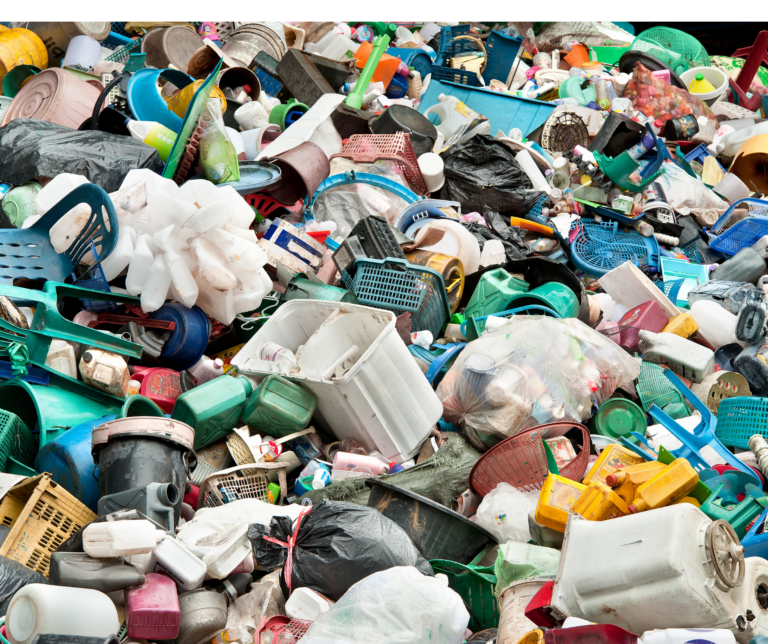
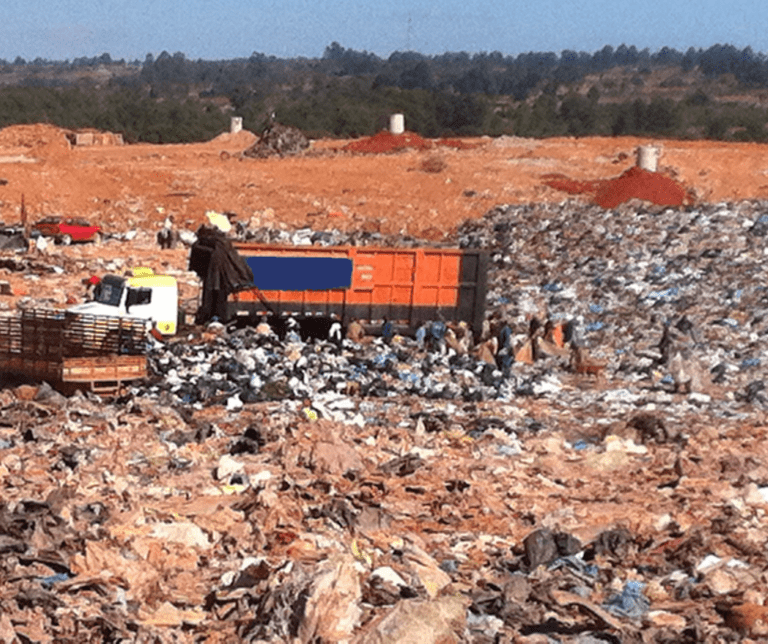
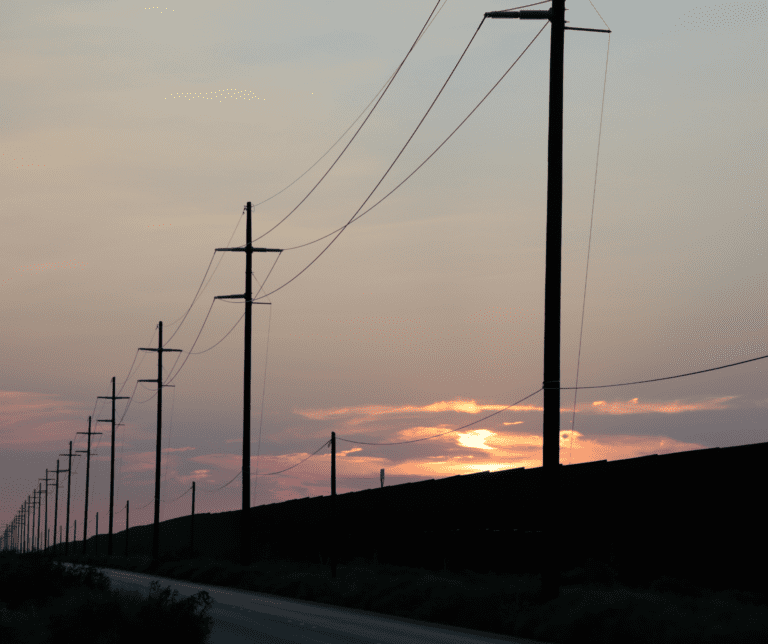
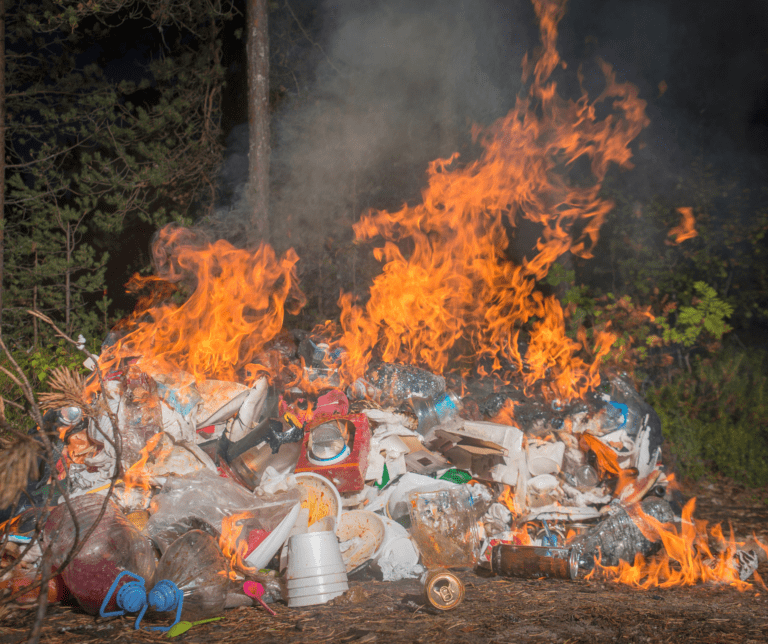
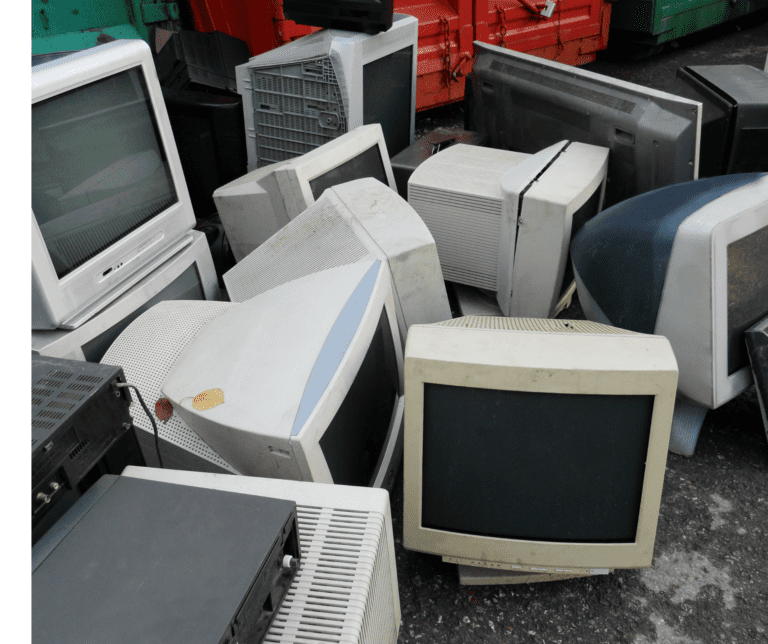
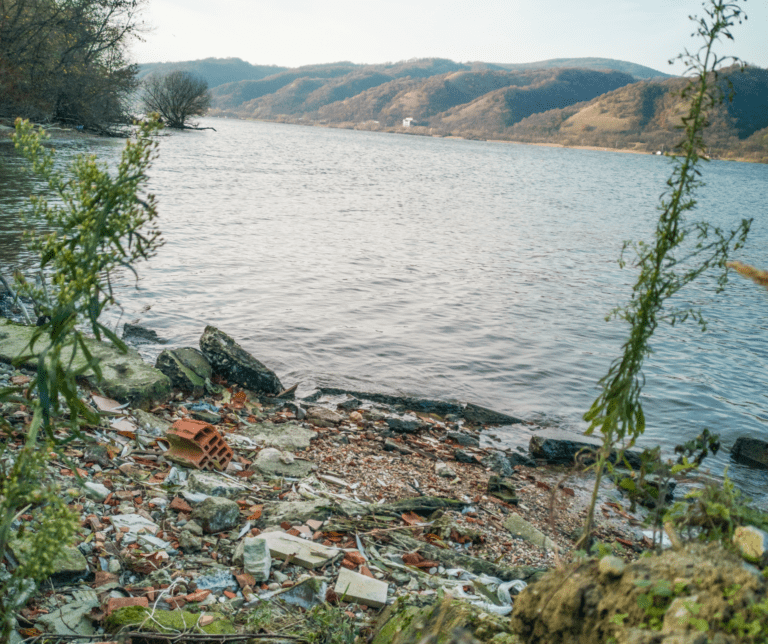
What We Do
We are in the business of advisory consultancy in the development and operations of integrated solid waste disposal facilities, generation of electrical energy from mixed municipal solid wastes (MMSW) and related land development planning.
Our Core Services
We work closely with senior management, other leaders, non-management , stakeholders and staff to create and deliver the essential advantage they need to survive and thrive in a changing world in the following areas.
- Consultancy and Advisory
- Project Development Feasibility Studies
- Solid Waste Management Plan Development
- Solid Waste Management Infrastructure ( Landfills, Composting, Transfer and Recycling, Waste to Energy) Siting Studies, Design and Funding Studies
- Land Development Planning
- Permitting assistance for turn-key project design/build services
- Training Programs
- Knowledge Transfer and Mentorship
- Research and Development
How We Do It
The partnership’s initial focus is on developing adequate best-fit disposal facilities and associated management planning. We combine education and community awareness programming for the wastes overflowing the streets of major urban West African cities. The disposal facility can either be a composting solution, anaerobic digestion, landfill gas-to-energy, or a thermal-based (incineration) waste-to-energy facility.
We Develop, Construct and Manage:
